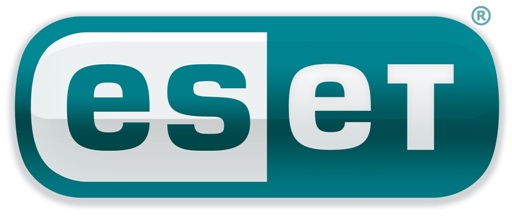 Threats targeting Android and tablets, increased more than 60% between 2012 and 2013 and the trend is predicted to continue in 2014
Threats targeting Android and tablets, increased more than 60% between 2012 and 2013 and the trend is predicted to continue in 2014
BANGALORE / MUMBAI, India – December 20, 2013
ESET®, the global leader in proactive digital protection with a record of 10 years consecutive VB100 awards for its award-winning ESET NOD32® technology, has released today its annual predictions for the threatscape in the upcoming year “Trends 2014 – The Challenge of Internet Privacy“. This year, in wake of revelations of Edward Snowden related to the US National Security Agency (NSA), the main topic focuses on the growing concern expressed by users regarding their online privacy.
The report is specifically elaborating on three main areas of trends for 2014:
Loss of privacy and mechanisms to improve protection on the Internet – the trend of “going to the cloud” and how it effects privacy; the NSA and the privacy debate and how can the user protect his information on the internet (e.g. data encryption).
“The challenge to internet privacy has not meant a decrease in cases of people affected by any malicious code or other kind of computer threat. It can be asserted that concern about privacy is a good starting point on the user side; however, it is essential for people to be aware of all aspects of Information Security. Otherwise, it is not possible to mitigate the impact of computer threats”, states the report.
Computer threats for Android OS – already in its 2013 report, ESET has predicted major increase of Android malware. Comparing the detections that occurred in 2012 and 2013, they have increased by more than 60 percent. This significant increase will continue in 2014.
The report prepared by researchers at ESET Latin America’s Research Laboratory in Buenos Aires, notes that cybercriminals are applying classic attack methodologies of attacks to mobile platforms. On this basis, the discovery of critical vulnerabilities and their later exploitation through malicious code represent an evolution of cybercrime affecting mobile technology.
Other trends – new spread of malicious code in form of ransomware (e.g. filecoders like Cryptolocker); vulnerabilities in Java, ever-present and more complex botnets; 64-bit threats and malicious codes which try to obtain profits by stealing electronic coins and a variety of non-traditional devices such as smart cars, game consoles, smart TVs and others which introduce the possibility that in a future, threats for this kind of technology may be seen.
About ESET
Founded in 1992, ESET is a global provider of security solutions for businesses and consumers. ESET’s flagship products ESET NOD32 Antivirus, ESET Smart Security and ESET Cyber security for Mac are trusted by millions of global users. ESET NOD32 Antivirus holds the world record for the number of Virus Bulletin “VB100” Awards, and has never missed a single “In-the-Wild” worm or virus since the inception of testing in 1998.
The Company has global headquarters in Bratislava (Slovakia), with regional distribution headquarters in San Diego (U.S.), Buenos Aires (Argentina), and Singapore. ESET has malware research centers in Bratislava, San Diego, Buenos Aires, Prague (Czech Republic), Krakow (Poland), Montreal (Canada), Moscow (Russia), and an extensive partner network in 180 countries.
In India ESET products are exclusively supplied and supported by “ESS Distribution Pvt Ltd”. The sales of ESET products are executed through the Channel Partners across India. Website: www.esetindia.com
